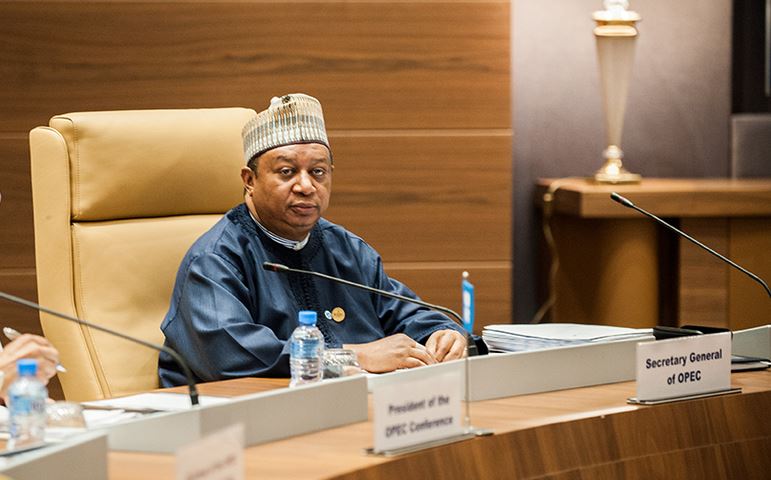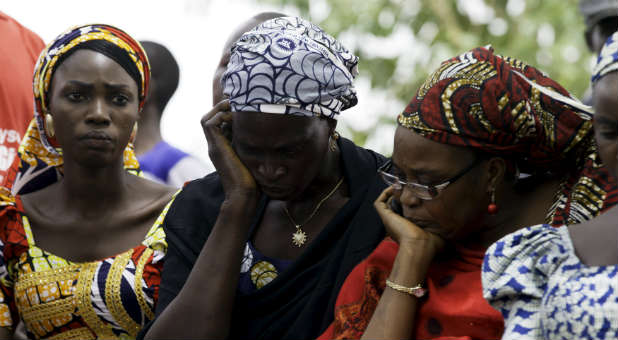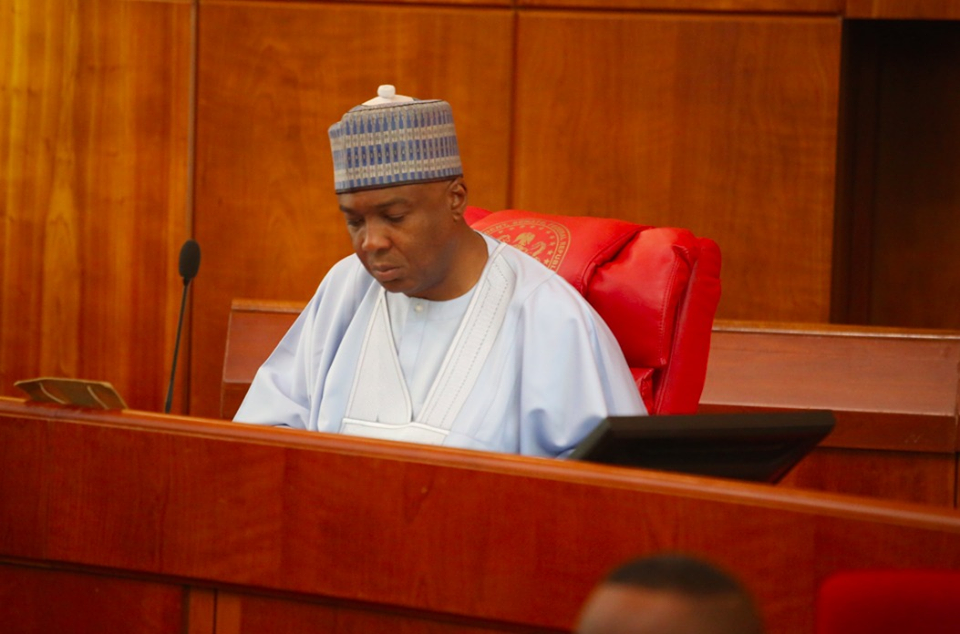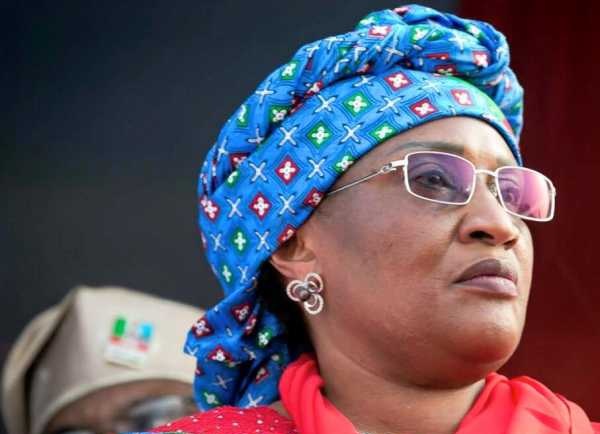Mohammed Barkindo, secretary general of the Organisation of Petroleum Exporting Countries (OPEC), says demand for oil will increase by two million barrels per day by the end of 2017.
The secretary general made this statement while delivering an address at the Oxford Energy Seminar, Oxford University, on Monday.
Countries like France, China, India and Britain have disclosed plans to phase out petrol and diesel cars, which raised fears about the future of crude oil.
Petrol and diesel driven cars will be replaced by electric vehicles, which are said to have zero emissions.
Advertisement
“Another optimistic indicator going forward is global oil demand growth. It is estimated to increase by close to 2 million barrels a day from the first to the second half of this year. Undoubtedly this boost in demand will contribute to further reductions in commercial oil inventories,” he said.
Barkindo said the drop in global oil prices was the sharpest ever experienced.
“The magnitude of the price drop in the current cycle is the highest of all cycles in real terms,” he said.
Advertisement
“In addition, the recent drop in oil prices has been considerably sharper than the decline in prices for other commodities – which is in stark contrast to, for example, the oil price collapse of 1985-1986 when all commodity prices saw a steep decline.
“In terms of the current price cycle, the OPEC reference basket price fell by an extraordinary 80 percent between June 2014 and January 2016.”
According to Barkindo, about one trillion dollars in investments were frozen and many thousands of jobs lost.
“It also choked off investments, with exploration and production spending falling by a massive 27 percent in both 2015 and 2016. The recent price crash led to nearly one trillion dollars in investments being frozen or discontinued, and many thousands of jobs were lost,” he said.
Advertisement
Referencing to the oil production cut agreed by OPEC members, he said all nations need to work together to avoid a supply crunch adding that energy and environmental issues “are of common concern and, as such, cannot be pursued in isolation”.
Nigeria and Libya are the only countries exempted from oil production cuts because both countries are experiencing instability in their oil sectors.
The current oil production cut will lapse in March 2018.
Advertisement
Add a comment







